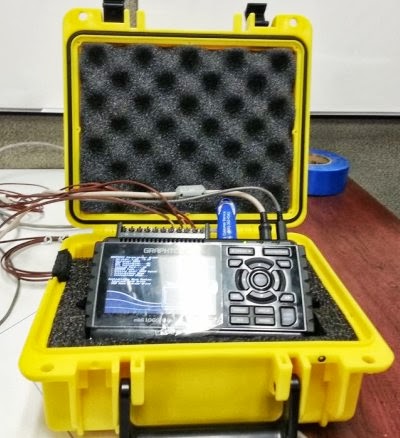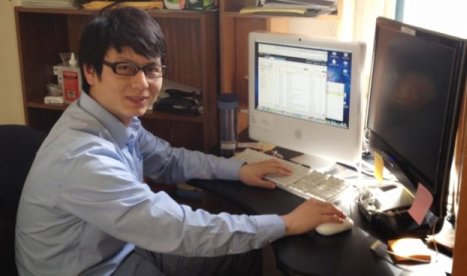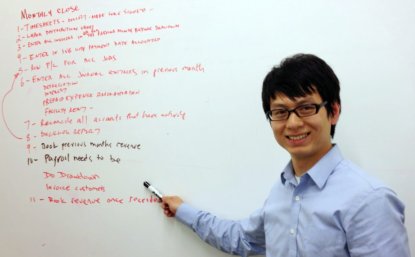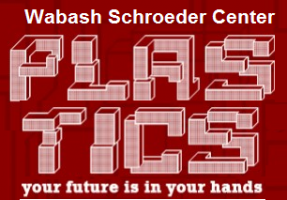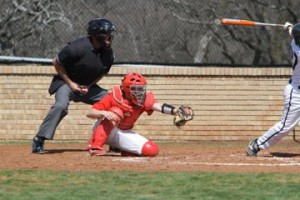
Jeff Been ’81, Meagen Agnew, Jacob Burnett ’15, Julia Leist Adams
Jacob Burnett ’15: Walking into the Legal Aid Society’s office in downtown Louisville, you read: “Our mission is to pursue justice for people in poverty,” on a hanging sign overlooking the inside of the office.
What better way to live humanely than to speak for those who have had their voices silenced? Here, at Legal Aid, we work to restore hope in every tangible and intangible sense. To speak more specifically, Legal Aid provides legal assistance, in matters of civil law, to low-income people in Jefferson and the 14 surrounding counties. Every year, Legal Aid assists more than 4,000 clients in civil matters with programs, clinics, preventative education, and legal representation.
On my first day, I read the 2011 and 2012 Litigation and Activities Docket that outlines the different programs Legal Aid offers with client accounts and success stories. Reading about domestic violence, slum lords, and pure legal abuse people face brought tears to my eyes. These clients try to navigate in an unfamiliar and confusing legal world with no direction; however, there is hope. Legal Aid acts as a safe haven to help guide people to reach the most beneficial results for them and their families.
My work at Legal Aid encompasses development and administration. I help the Director of Development, Julia, and the Director of Administration, Meagen, with matters that pertain to funding Legal Aid and managing marketing or other administrative duties. Most notably, I have worked on the “Justice for All,” Annual Campaign to raise $300,000
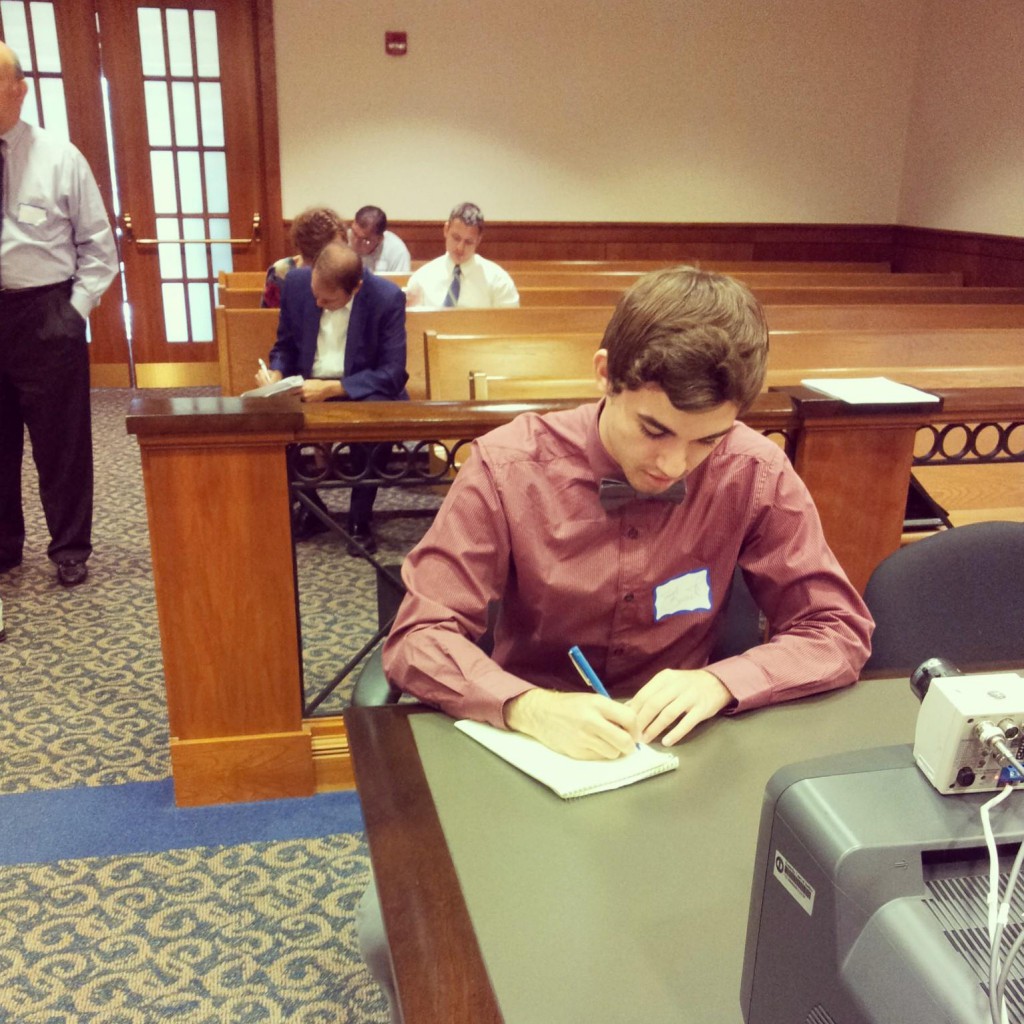
that will fund Legal Aid and its many services. Furthermore, I have helped research and write grants that will fund programs that help people every day. I have worked with my bosses to help organize and research past information relating to funding partners and donations that will help projects in the future. Julia and I will design and assemble the 2012 Annual Report that Legal Aid distributes to the community and funding partners that outlines the effects Legal Aid has made in the community. With Meagen, I compiled and updated a media directory list, social media posts, and an e-newsletter. In all, I have valued every opportunity with these departments because it helps me understand how non-profits effectively operate. The projects I have worked on taught me valuable Excel, writing, researching, and managing skills.
Because of my work with many projects, I have been exposed to great insight and unique experiences.
One highlight of my internship occurred on the 35th floor of thePNCTower at the Bingham Greenebaum Doll law office that overlooks all of downtownLouisville for the first meeting of the “Justice for All” Campaign Committee. I sat in my seat as 15 of the most distinguished and accomplished lawyers inLouisville grabbed Panera box lunches and sat around the table. I acted as a fly on the wall as the committee discussed and outlined the strategy to accomplish their goal. Before and afterwards, I happily introduced myself to all the attorneys around the table; it was a humbling experience. As I left the office that day, Jeff told me, “You know, you got to experience a unique opportunity today. Not every intern gets to sit at a table with some of the most successful lawyers in Kentucky.”
Another highlight found itself in the second floor court room of the Hall of Justice. I sat in the jury box with a paralegal from Legal Aid, Brenda Bacon (what a name!), and got to watch Eviction Court proceed.  Afterwards, Brenda, a known veteran of the county court house, introduced me to judges and attorneys she knew throughout the building. Since then, I have attended numerous Eviction Court hearings, domestic violence hearings, motion hours, Legal Aid clinics, and acted as a court runner for the office. I have sat in on client interviews for divorces and wills. Attorneys have allowed me to read their legal case documents, taught me about court and paperwork processes, and gave me valuable career and law school advice. Essentially, I have been immersed in practical and hands-on legal knowledge that I wouldn’t have obtained in law school.
Afterwards, Brenda, a known veteran of the county court house, introduced me to judges and attorneys she knew throughout the building. Since then, I have attended numerous Eviction Court hearings, domestic violence hearings, motion hours, Legal Aid clinics, and acted as a court runner for the office. I have sat in on client interviews for divorces and wills. Attorneys have allowed me to read their legal case documents, taught me about court and paperwork processes, and gave me valuable career and law school advice. Essentially, I have been immersed in practical and hands-on legal knowledge that I wouldn’t have obtained in law school.
Apart from the work I do, this opportunity has allowed me to interact with amazing people. The entire staff is fun, laid back, and extremely welcoming; they love their jobs and understand how rewarding this work can be. Because of this office environment, I have enjoyed everyday at the office.
Legal Aid saves lives, restores hope, and pursues justice. Without the Small Business Fund, I wouldn’t have gotten this opportunity to witness the practice of ruthless empathy. I would like to thank my bosses Julia, Meagen, Jeff Been ’81, his partner Eric Graniger, and every member of the Legal Aid Society. The work done in this office and many others throughout the country defines what it means to live a life of purpose.
